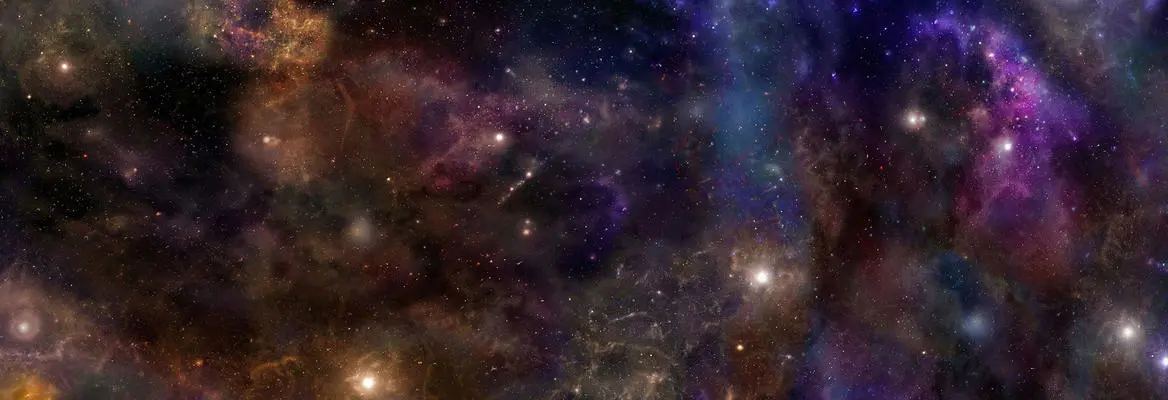There is no charge in the universe, and no energy. Mathematics is the key to understanding how something spring forth from this nothing, and is the thread from which the fabric of reality is woven.
What is the ultimate fabric of reality? My own position is quite clear: I am a materialist while being a scientist but a mathematical realist when being a speculator. Materialism, the view that the fundamental particles, including their agglomerations into atoms and molecules, together with the forces that bind them into interesting entities, are all that is necessary for all the properties of the world. There is nothing beyond these entities.
Scientists are hewers of simplicity from complexity: they chip away at the world around them, seeking to reveal the ultimate entities and at the same time stand in delight at the complexity that their interactions can yield. The reductionist program is the easy part. Much more difficult is the reverse journey from the identified simplicities up to the emergent properties that give us the natural world, up to and including consciousness.
So much for being a scientist. As a speculator, imagination can spring out from the bonds of evidence and wonder whether there is an ultimate reality beyond the material. Speculation (some might call it philosophy, but ‘speculation’ is the more honest term) is merely that, but might turn into science one day if evidence is accrued that supports it.
I think it possible to argue that there is no energy in the universe. Yes, there are positive and negative contributions to the total energy, but I suspect that the total is zero, just like the total charge.
Speculation relies upon hints, hints that might one day be regarded as evidence. What are the hints that litter the universe? One hint suggests that there is nothing here at all. Take electric charge. There are obviously positive and negative electric charge (for instance, of protons and electrons, respectively), but the total charge of the universe is zero. How do we know that? Because the strength of the electromagnetic interaction is so much greater than the strength of gravity, that any imbalance of charge would result in the universe being blasted apart as soon as it was formed, with no opportunity for weak gravity to bind entities into galaxies, stars, and planets. More contentiously, I think it possible to argue that there is no energy in the universe (with mass being another manifestation of energy, through E = mc2). Yes, there are positive and negative contributions to the total energy, but I suspect that the total is zero, just like the total charge.
So, my first point is that there is nothing here at all, and the incipience of the universe was an event in which absolutely nothing (not even spacetime) turned into a more interesting form of nothing, where opposites became distinguished. Such a view greatly simplifies, without solving, the problem of what happened at the Creation. Absolutely nothing turned into more interesting net nothing. How that revision of nothing occurred is an entirely different question, which for the purpose of this article I shall set aside.















Join the conversation